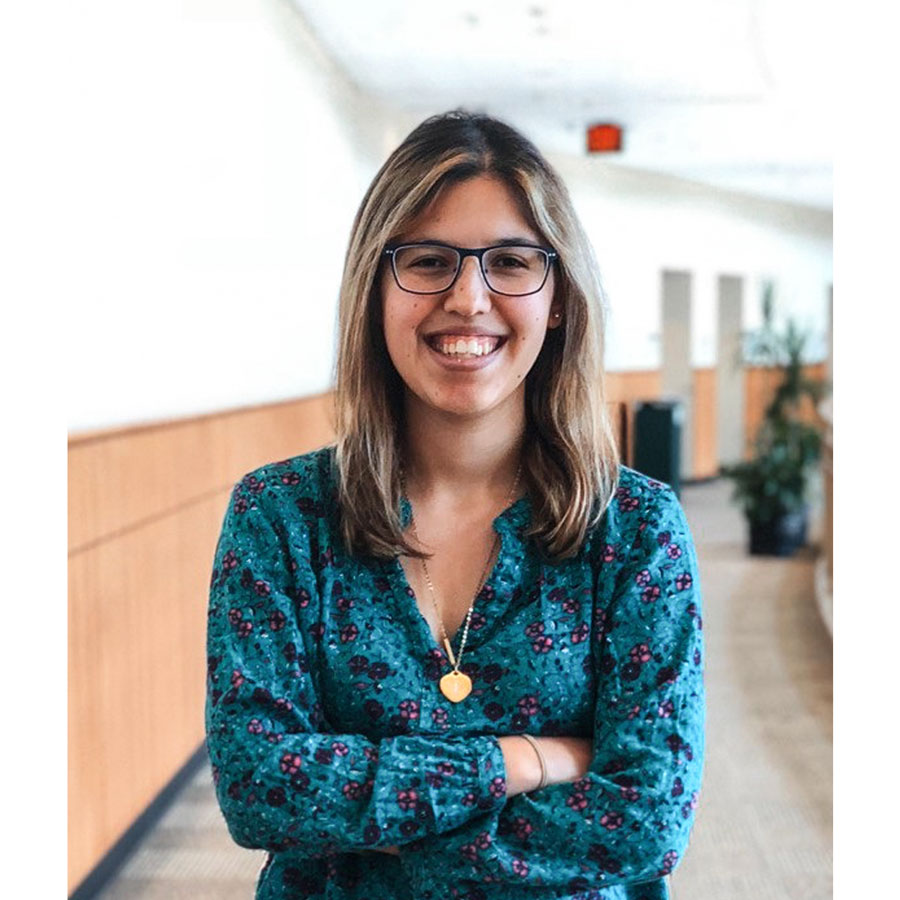News Briefs
I-35 Construction Yields Short-Term Pain for Long-Term Growth
The Texas Department of Transportation, the City of Waco and Baylor are preparing for the first phase of a major, multi-year reconstruction project on Interstate 35, which is expected to begin this spring or early summer.
Last fall, Baylor assembled a campus-wide subcommittee to align with TxDOT’s communications efforts and develop a plan for timely communications to University constituents and visitors as details are finalized on the I-35 project that will have a significant impact on the University and Waco for the duration of the project.
In order to minimize disruptions, the subcommittee has provided TxDOT with projected major event dates over the next four years, including commencement, football games, Premiere events for prospective students, Move-In days and the first day of classes.
The Waco 4B North project will increase to eight lanes (four lanes in each direction) over the almost 6-mile stretch of I-35 from North 340 Loop in Bellmead/Lacy Lakeview to 12th Street in Waco. The project plans include updated access roads and access points from local streets, on- and off-ramp configuration and placement, and new bridges.
Those planning to come to campus are encouraged to stay informed throughout the project through: campus-specific I-35 updates at baylor.edu/I35. Email questions and feedback for the Baylor subcommittee to I35@baylor.edu; and TxDOT’s updated project information at My35.org/Waco or Twitter @My35Texas.
Doctoral Candidate Named to the Periodic Table of Younger Chemists
Samantha Yruegas, a Baylor doctoral candidate in chemistry and biochemistry, was named to the Periodic Table of Younger Chemists by the International Union of Pure and Applied Chemistry (IUPAC).
The program celebrates the International Year of the Periodic Table by recognizing 118 young chemists — one for each element of the Periodic Table — who embody the mission and core values of IUPAC through their research, teaching and outreach.
Yruegas was selected by IUPAC to represent erbium (Er), a soft, silvery metallic element, on the Periodic Table of Elements. However, her chemistry research centers on another element, boron (B).
“We’re interested in making molecules that are both new and have utility toward materials,” Yruegas said. “We start with typical organic building blocks and incorporate boron atoms within the structure. Then we explore the reactivity and electronic properties of the resulting molecules. We’d like to be able to make compounds that are a specific color or fluoresce in a specific way so they can be used in OLED [Organic Light Emitting Diodes] products, whether that’s for lighting or for a display like a TV.”
Yruegas’ work also could potentially lead to pharmaceutical advances, as these types of compounds have been used to treat dermatological ailments such as eczema and fungal infections.
Regents Fund The Store
In February, the Baylor Board of Regents committed personally to funding The Store for the next year.
A panel of undergraduate and graduate student leaders presented information on student financial well-being, including a discussion on food insecurity, which can impact the student experience from academics to health.
At Baylor, researchers have estimated that between 15 percent to 20 percent of students are food insecure, meaning they do not have reliable access to nutritious food. For at-risk populations such as first-generation, transfer or international students, the research showed that more than 92 percent had experienced at least some level of food insecurity. Researchers also found that it was difficult for students to admit being hungry at an institution where it appeared that other students had abundant resources.
To address this, the Paul L. Foster Success Center-Student Success Initiatives opened a free student food pantry in December 2017 called The Store, which provides students in need with access to supplemental, nutritious food, normalizing food resources so students can fully thrive in their personal and academic achievements at Baylor. Other initiatives in place to help students include The Fridge, a series of mini-fridges throughout campus where students who need it most can access quick snacks and healthy meals, and free mobile food pantries and free farmers markets available to students each semester.
“This is a great example of the Board’s care and concern for our students and the selfless service that embodies our Regents,” Board Chair Joel T. Allison, BA ’70, said. “We are certainly appreciative of our student leaders bringing this transformational program to the Board’s attention, and the continued leadership they provide for the student body.”
Find more information at baylor.edu/boardofregents.
